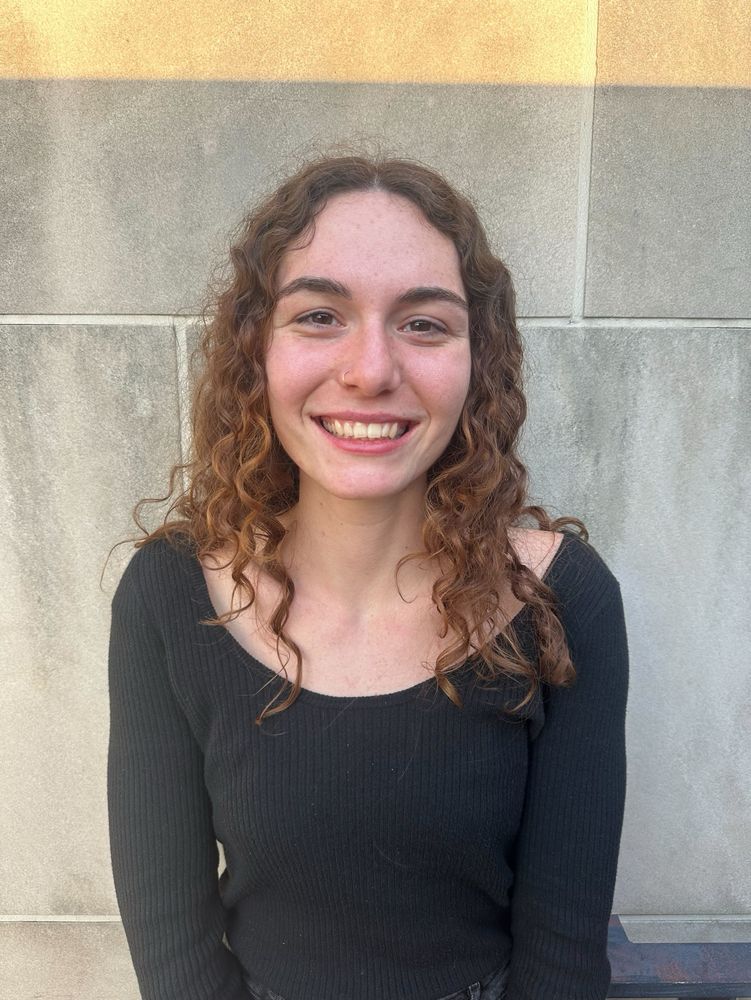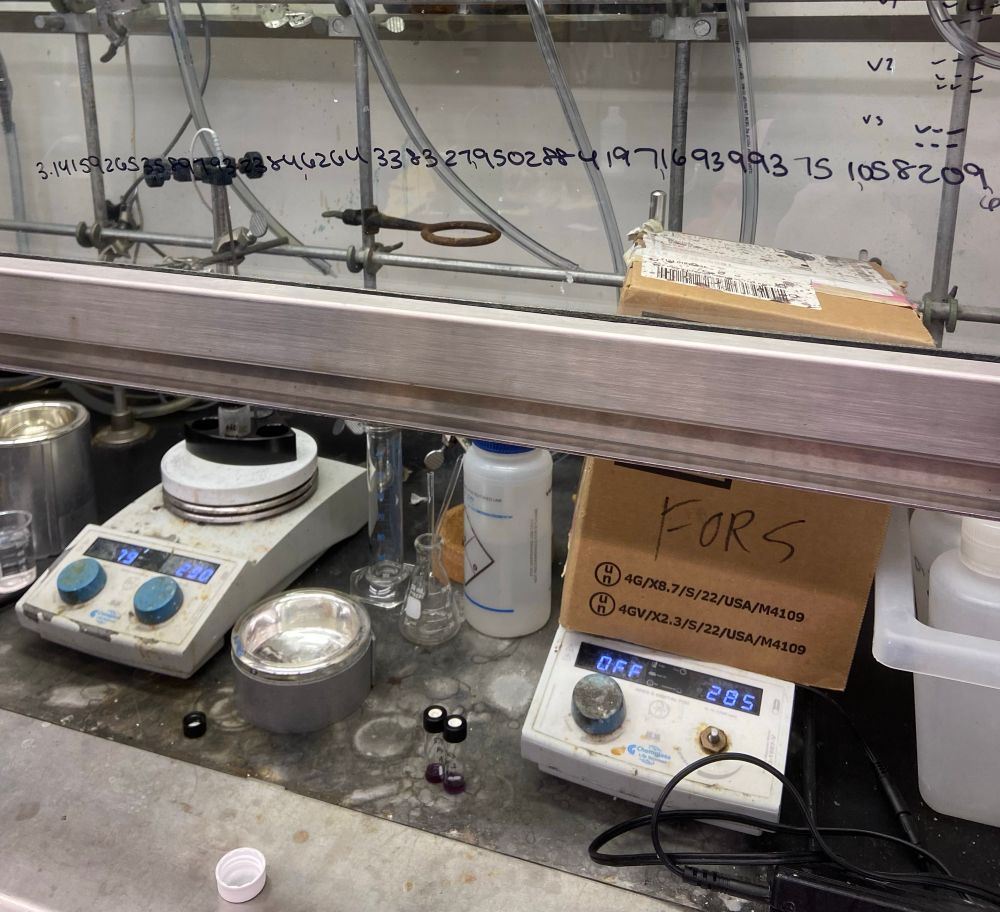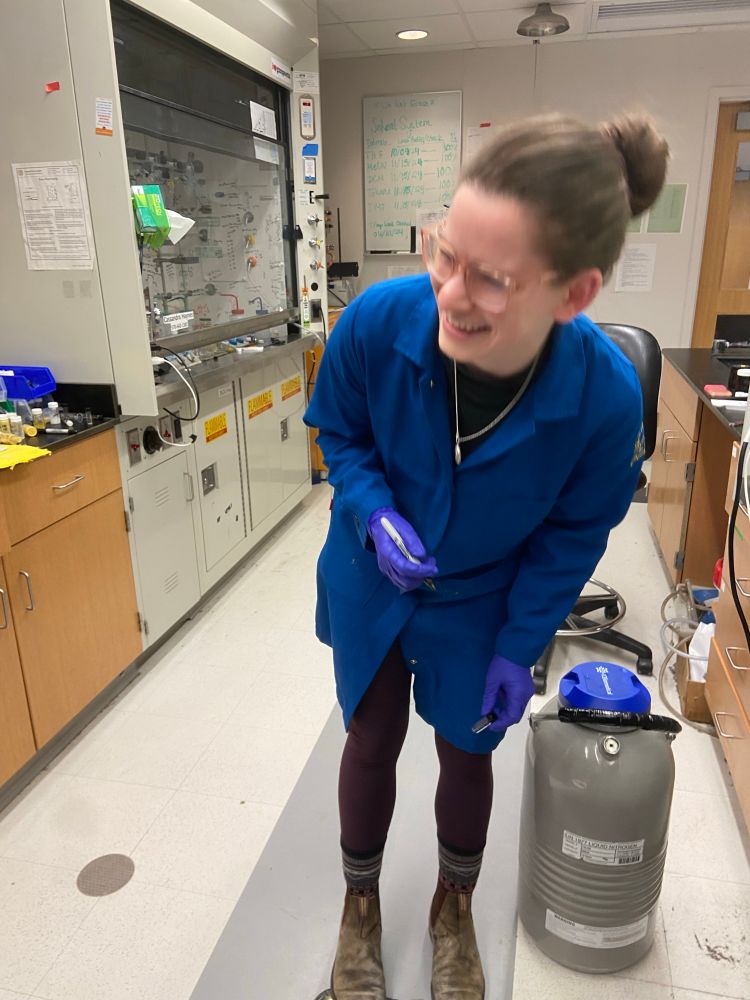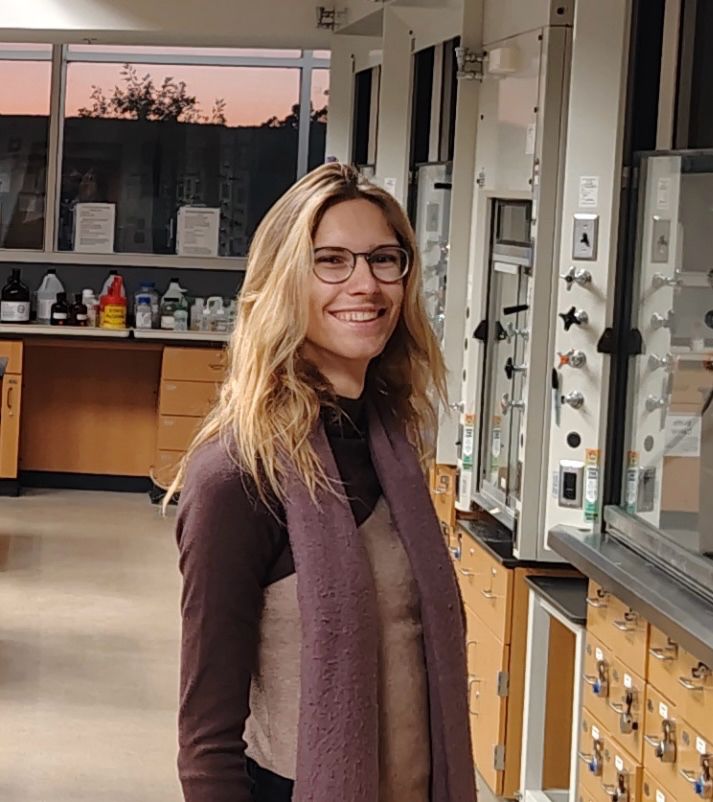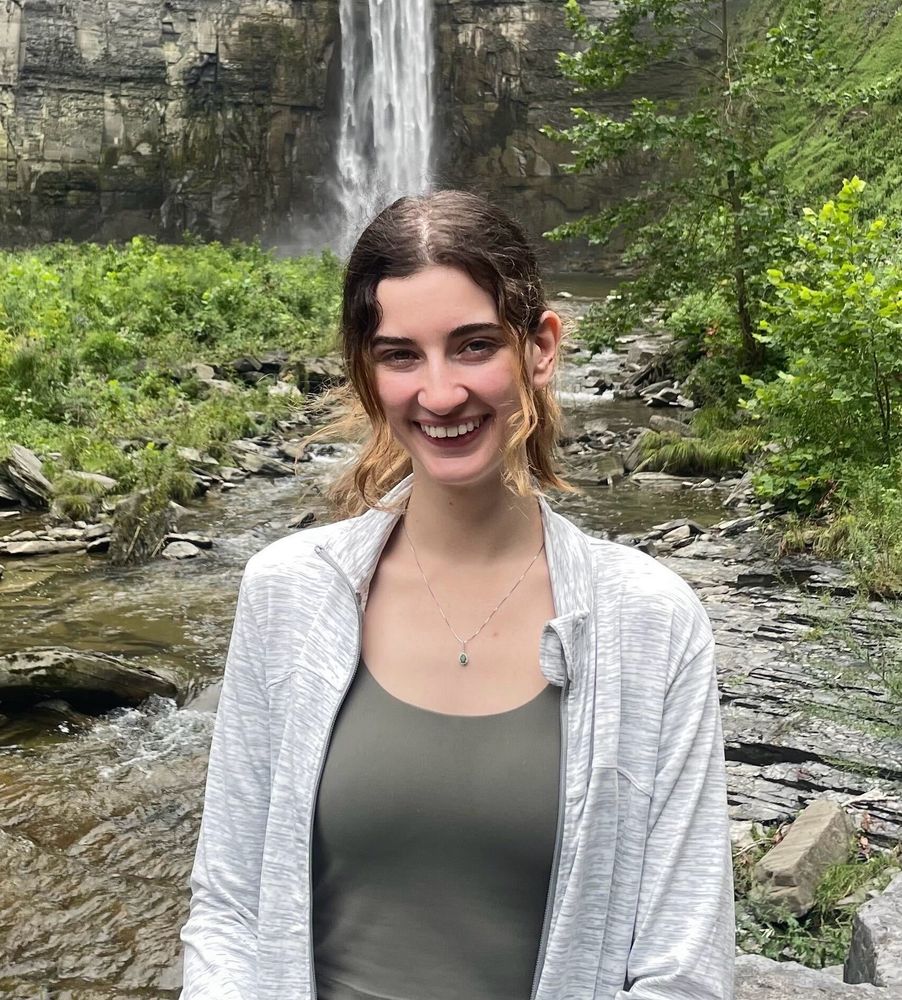Fors Group
@forsgroup.bsky.social
200 followers
74 following
17 posts
Organic, polymer, and materials research group led by Prof. Brett Fors at Cornell University. Student-run account.
Posts
Media
Videos
Starter Packs
Fors Group
@forsgroup.bsky.social
· Sep 8
Fors Group
@forsgroup.bsky.social
· Sep 8

Anionic Reversible Addition–Fragmentation Chain-Transfer Polymerization of Methacrylates
Anionic polymerizations of methacrylates are controlled processes that give well-defined materials; however, these polymerizations require reactive and pyrophoric organolithium reagents for initiation...
doi.org
Fors Group
@forsgroup.bsky.social
· May 23
Fors Group
@forsgroup.bsky.social
· May 23
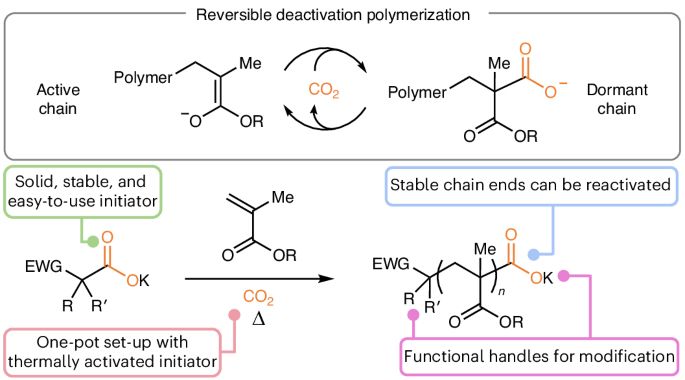
Controlled anionic polymerization mediated by carbon dioxide - Nature Chemistry
Dangerous initiators and low reaction temperatures required for controlled anionic polymerization limit its widespread implementation. Now it has been shown that safe-to-handle, solid, CO2-protected i...
www.nature.com
Fors Group
@forsgroup.bsky.social
· May 5
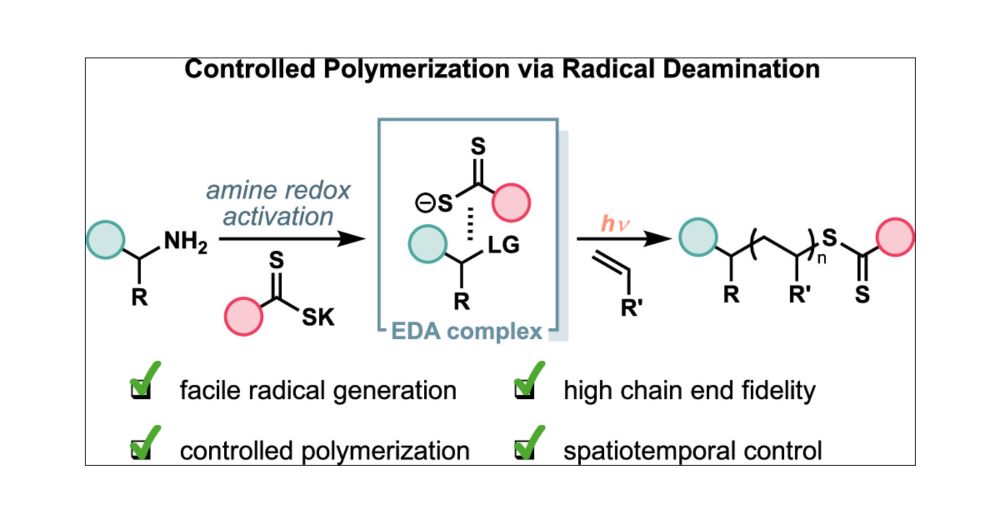
Radical Deamination of Primary Amines for Initiation of Controlled Polymerization
Selectively initiating controlled polymerizations using common functional groups is a powerful route to synthesizing advanced polymer architectures. Amines are one of the most common functional groups in small molecules, pharmaceuticals, and biomolecules, and thus are valuable substituents to use for initiating controlled polymerizations. In this study, we present the facile initiation of a controlled radical polymerization from the α-carbon of a primary amine via an electron donor–acceptor (EDA) complex-triggered radical deamination. Through this method, polymers were successfully grafted from a variety of amino acid derivatives. The resulting polymers had good matching between theoretical and experimental molar masses, narrow molar mass distributions (Đ ∼ 1.1–1.2), and exceptional α-chain end fidelities. This method was trialed on a model dipeptide, demonstrating the viability of EDA-RAFT in the synthesis of peptide–polymer conjugates.
pubs.acs.org
Fors Group
@forsgroup.bsky.social
· Mar 18
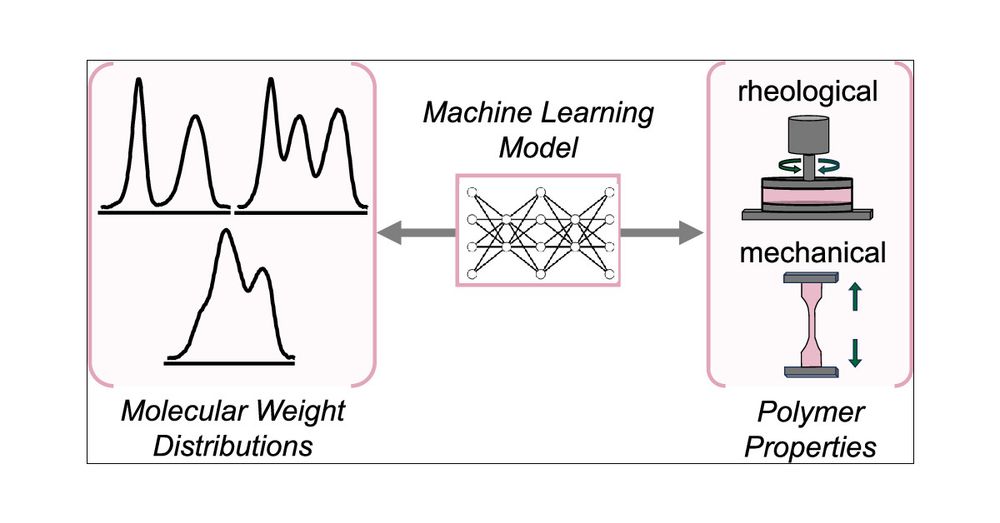
Designing Polymers with Molecular Weight Distribution-Based Machine Learning
Commodity plastics such as high density polyethylene (HDPE) have become integral to society. However, the potentially long-lasting ecological impacts of these plastics have spurred researchers to search for more sustainable solutions. One such solution is to develop a method for designing plastics with tunable and improved properties, thus decreasing the amount of material needed for various applications. In this work, we report a machine learning approach that maps the relationship between polymer molecular weight distributions (MWDs) and the physical properties (tensile and rheological) of HDPE. Using this approach, we design and generate HDPE materials with user-specified properties and valorize degraded postconsumer polyethylene waste. Implementation and development of this approach will facilitate the design of next-generation commodity materials and enable more efficient polymer recycling, thereby lowering the overall impact of HDPE on the environment.
pubs.acs.org
Fors Group
@forsgroup.bsky.social
· Mar 18
Fors Group
@forsgroup.bsky.social
· Jan 29
Fors Group
@forsgroup.bsky.social
· Jan 29
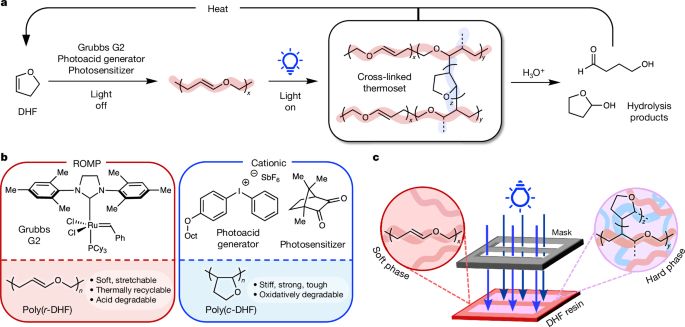
Degradable thermosets via orthogonal polymerizations of a single monomer - Nature
Degradable thermoset multimaterials can be synthesized from a commercially accessible, biosourced monomer using orthogonal polymerizations in a single pot; after selective degredation, the resulting s...
www.nature.com



